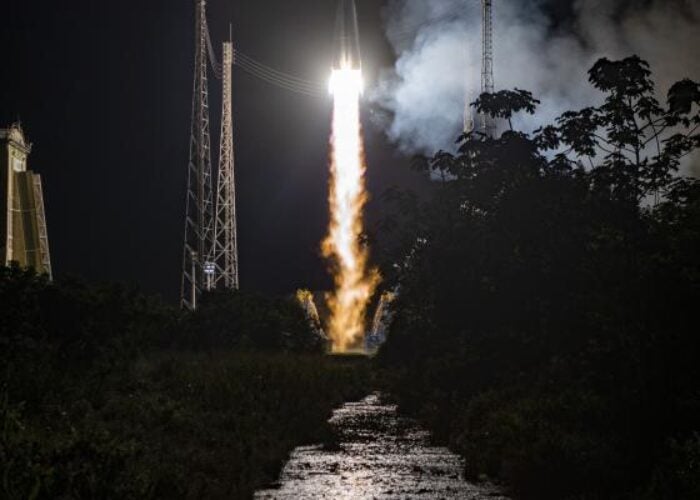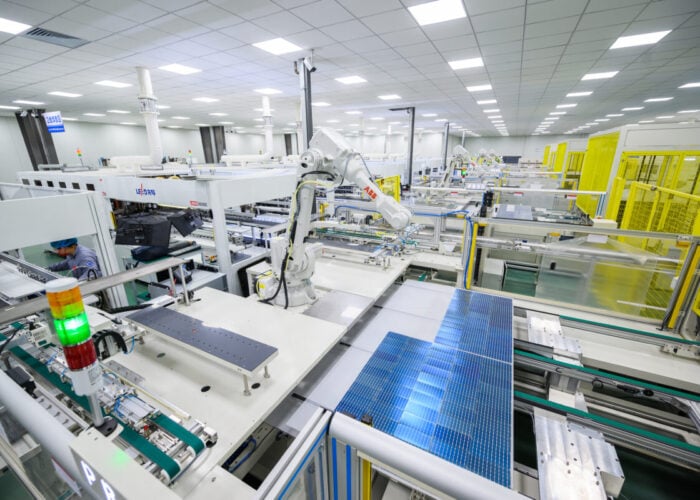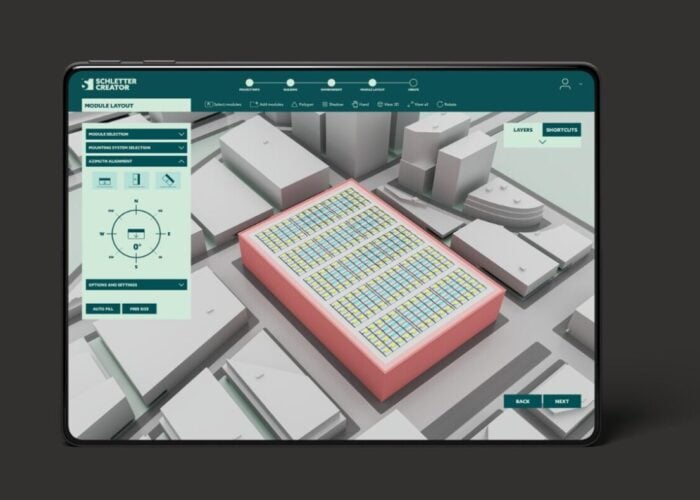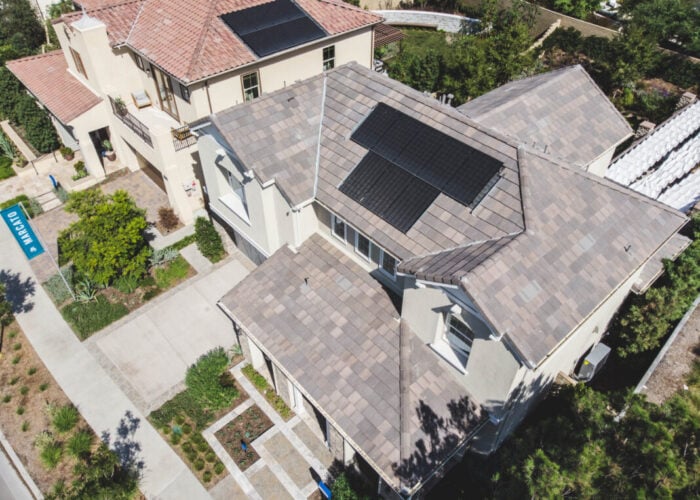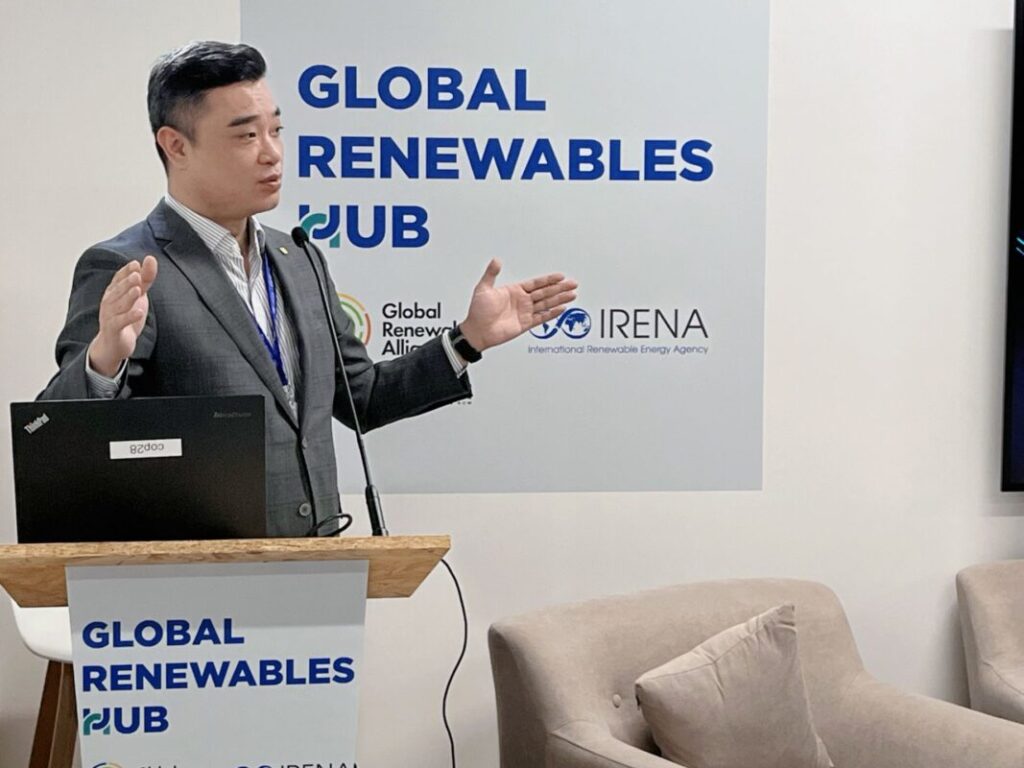
As PV Tech wraps up 2024, we reached out to several solar industry leaders to overview the developments of the industry in 2024 and their own company, while looking at what we can expect in 2025, both in terms of challenges and opportunities. In the coming weeks, PV Tech will publish several Q&As with many industry leaders.
In this first Q&A series, PV Tech spoke with Zhang Kun, executive president at GCL System Integration about the company’s return to the top ten in terms of PV module shipments, its SiRo module which integrates carbon footprint traceability and what to expect in 2025, including the implementation of artificial intelligence (AI).
Unlock unlimited access for 12 whole months of distinctive global analysis
Photovoltaics International is now included.
- Regular insight and analysis of the industry’s biggest developments
- In-depth interviews with the industry’s leading figures
- Unlimited digital access to the PV Tech Power journal catalogue
- Unlimited digital access to the Photovoltaics International journal catalogue
- Access to more than 1,000 technical papers
- Discounts on Solar Media’s portfolio of events, in-person and virtual
PV Tech: In both your own business and the wider market, what were the biggest highlights or milestones of 2024 and why?
Zhang Kun: We successfully returned to the top ten in global solar PV module shipments in 2023. Building on this momentum, we are now poised to enter the top eight in 2024. GCL SI is back in the game, and becoming much more ambitious and stronger.
In June this year, we launched the world’s first module integrating carbon footprint traceability, SiRo Module, which integrates the GCL Carbon Data Platform. This cutting-edge technology combines FBR silicon technology, blockchain technology and digital intelligence to create a comprehensive carbon management system for the solar industry. With this innovative product, we are taking concrete actions to reduce our carbon footprint and drive the industry towards a low-carbon future. By harnessing the power of technology and innovation, we are poised to become a leader in low-carbon manufacturing practices and make a meaningful impact on the fight against climate change.
Again, both in your own business and wider industry, what were the biggest hurdles or challenges in 2024 and why?
In 2024, the solar market reached an unprecedented low point in terms of module prices, forcing nearly all component suppliers to rethink their strategies and find ways to reduce costs and increase efficiency. As the industry enters a new cycle of growth, the competition landscape has shifted dramatically. Gone are the days of simple price wars; today’s competition is a high-stakes game that demands innovation, quality and sustainability.
The question on everyone’s mind is: how can manufacturers break free from the monotony of price-based competition and differentiate their products with cutting-edge technology, green credentials and unique value propositions?
Looking ahead to 2025, what do you foresee as the biggest opportunities, both for your own organisation and the wider market and why?
In 2025 and beyond, we expect the convergence of digital economy and green energy innovation to become a dominant trend. At GCL, we’re at the forefront of this movement, exploring new innovations in ‘AI in energy’ strategy. By integrating AI-driven data analysis, machine learning and cloud computing into our operations, we are optimising production processes so as to control the operational costs, enhance product quality and respond more effectively to market fluctuations.
What do you foresee as the biggest challenges on the horizon in 2025 for your organisation and the wider market and why?
As the solar industry continues to evolve in 2025, we anticipate that market demands will remain flat or potentially decline. Additionally, the price drop trend is likely to continue, with module prices expected to fall further as a result of increased production capacity and economies of scale. Cost-saving measures across the business operations shall be the most crucial actions module manufacturers are to take.
Besides, as governments around the world continue to implement policies aimed at protecting local manufacturing industries, we shall stay ahead of the curve by monitoring and adapting to policy changes.
What would be the single most important thing that could happen in 2025 that would advance either your own organisation or the wider market, or both?
We are proud to have introduced our innovative SiRo module in 2024, marking a significant step forward in our commitment to environmental, social and governance (ESG) practices. Building on this momentum, we are accelerating our efforts to integrate and digitalise our industrial chain, enabling us to produce products that not only meet but exceed market demands for cost-efficiency, quality, and reduced carbon emissions.
As governments around the world begin to implement carbon policies, we recognise that our industry will play a critical role in driving sustainability. In 2025, we are committed to taking this vision to the next level by refining our products and processes to meet the evolving needs of a low-carbon economy.



